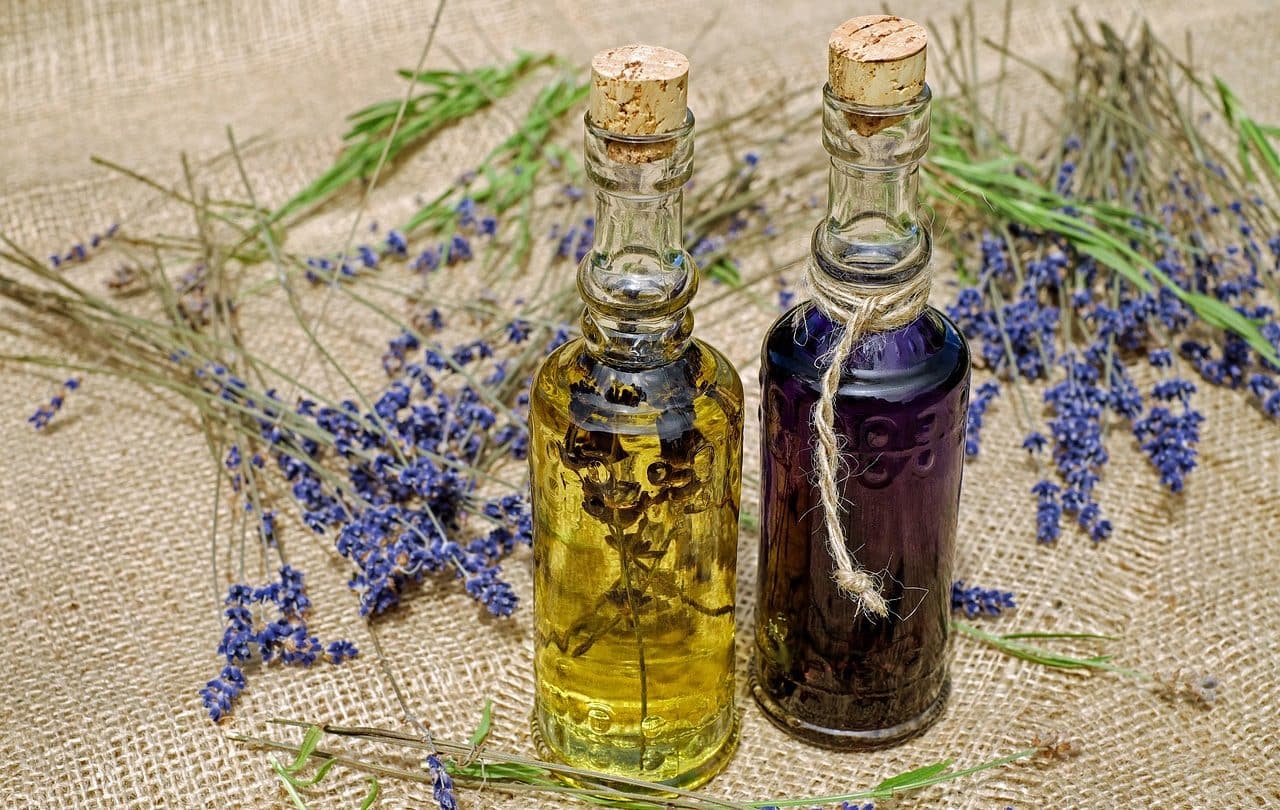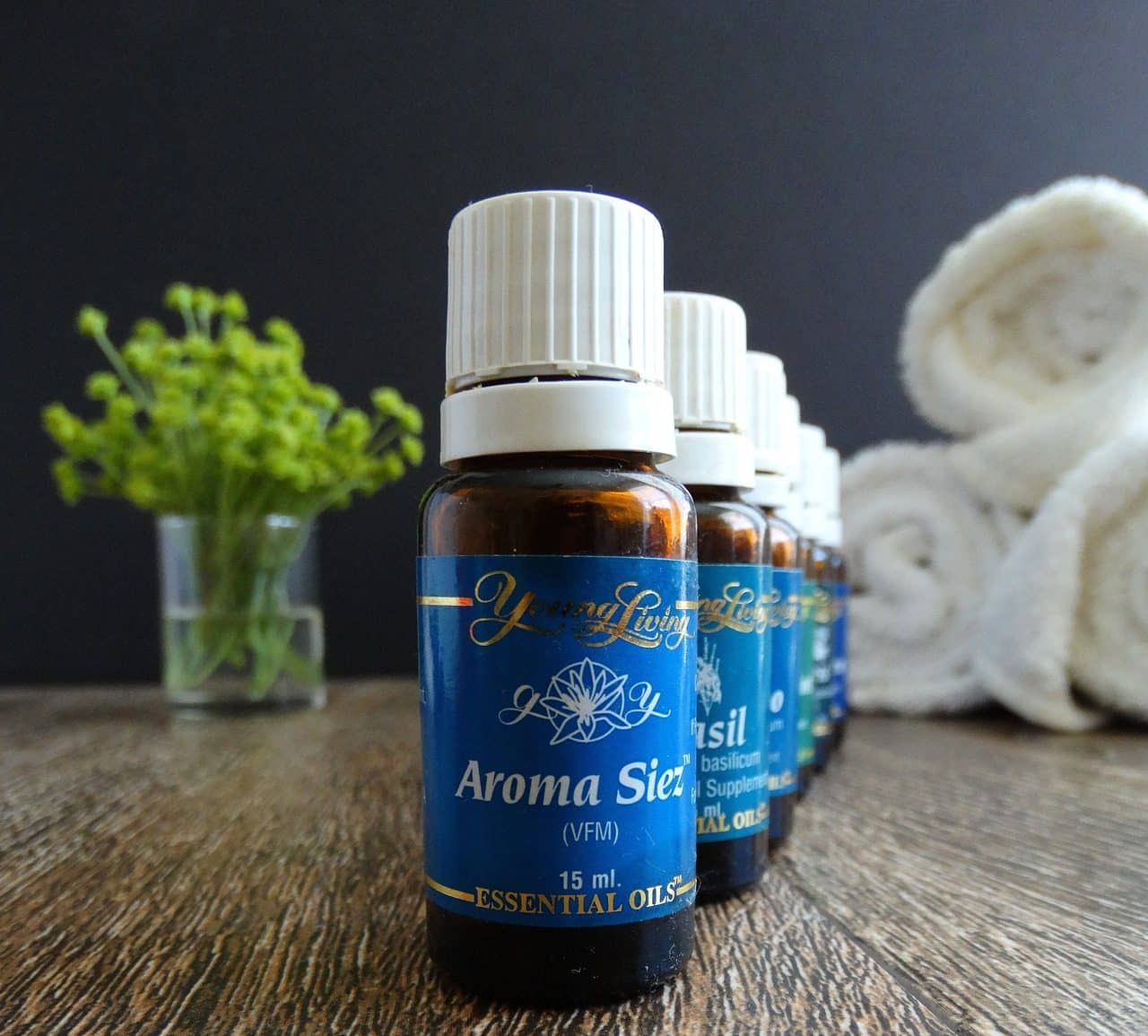
Aromatherapy is based on the therapeutic use of fragrances.
Aromatherapy is a concept that is made up of two terms: aroma (the chemical compounds that include odoriferous particles in their formula) and therapy (the area of medicine focused on how different health disorders are treated).
Aromatherapy consists of the medical use of essences or essential oils : the fluid present in certain plants that is characterized by its penetrating odor. It is a technique that is usually included within alternative medicine (that is, it does not find support in the traditional medical-scientific community).
Origin of aromatherapy
The origins of aromatherapy are remote since several ancient peoples used aromas to treat diseases and various ailments.
Baths with essential oils and the spread of incense were some of the first manifestations of aromatherapy.
essential oils
Due to the high concentration of essential oils, aromatherapy usually dilutes them in other substances to avoid irritation or burns. In any case, it is important to note that most essential oils are not ingested or applied to the eye area.
Essential oils can be diluted in hot water so that the patient can inhale the steam . Another possibility is that, diluted in cold water or another type of oil , they are rubbed on the skin .
Let's look at the application methods of essential oils in more detail below:
- Inhalation : this is the most common way, and can be carried out directly or indirectly. As mentioned above, it is possible to mix the oil with water. An alternative to simply placing the product near the patient is the use of diffusers to promote the movement of particles in the air. It is usually used to treat respiratory problems or even certain skin disorders.
- Massage : depending on the type of ailment to be treated, it is possible to apply the oil directly to the affected area and perform a massage , the intensity of which also depends on the problem in question. This form of aromatherapy is widely used for muscle contractures.
- Aromatic baths : when the patient's problem is related to his blood circulation, an appropriate application consists of taking a hot water bath with a few drops of essential oils. It is important to reduce the water temperature from time to time to achieve the ideal degree of relaxation and avoid injuries.
- Poultices : These are soft topicals that can be applied both hot and cold, recommended to treat skin problems or muscle pain.
- Internal use : This is the least common application of aromatherapy and is only possible with certain essential oils. Furthermore, it is very important that it arises as an indication from a professional, who must also carry out a control to limit consumption.

Essential oils are key in aromatherapy.
Benefits of aromatherapy
Each essential oil offers different benefits , thanks to its specific healing properties. Among the most used are the following:
- Bergamot : used for cases of depression, stress and anxiety , as well as to normalize appetite. It is refreshing, energetic, revitalizing and stimulating.
- Cypress : its purifying, invigorating and sedative properties are ideal for reducing the symptoms of menopause, certain allergies and stress, and for calming the nervous system.
- Geranium : It is also used to treat depression and relieve menstrual symptoms. Its stimulating and balancing action offers especially good results to improve mood and overcome states of anxiety.
- Ginger : provides a boost to the immune system that helps fight colds and flu, improves blood circulation, helps prevent nausea and motion sickness during travel, is relaxing and promotes proper digestion.
- Lavender : Aromatherapy uses this oil to calm headaches, relieve the burning of stings and burns, and regulate high blood pressure.
